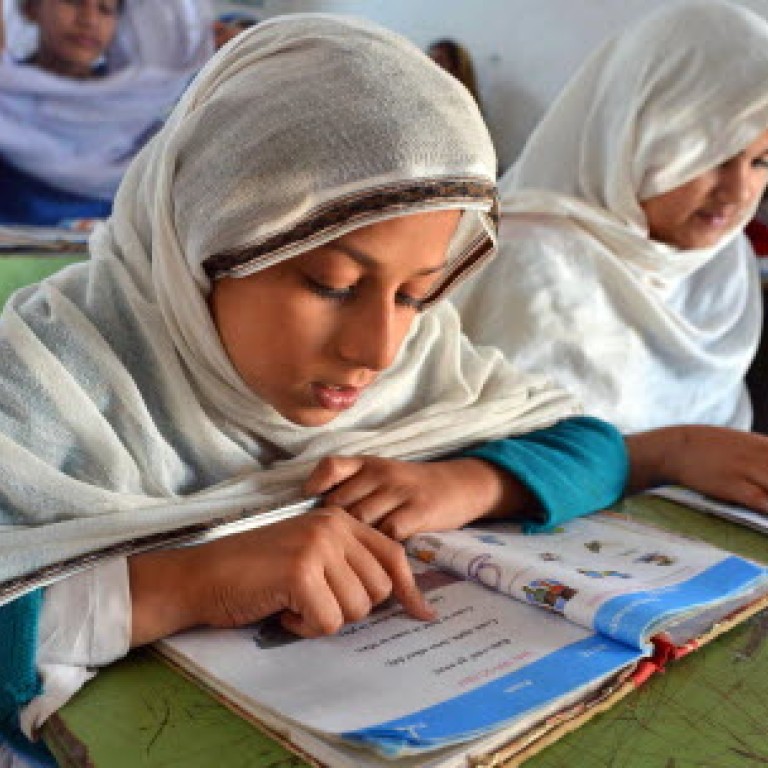
For Pakistan, education is the key to ensuring social justice
Muhammad Nawaz Sharif outlines the goals and obstacles in neutralising terrorism's influence and providing - especially girls - with the schooling they need to drive future progress
The importance of schooling cannot be overstated. Not only has the expansion of primary and secondary education been linked to accelerated economic growth, poverty eradication and improved income equality, but education also appears to be closely associated with social enrichment and inclusion, the upgrading of human capital, increased opportunities, and enhanced freedom and welfare. That is why, as Pakistan's prime minister, I have placed universal access to education very high on the national agenda.
Above all, education enables people to think critically and question established wisdom, thereby enabling them to rise above prejudice, myth and restrictive historical legacies.
In this sense, education is a major driver of social progress. And it is the key to fulfilling my promise, made when I took office two years ago, to create a new framework for social change that ensures equal opportunities and social justice for everyone and stops the exploitation of the poor and harnesses their potential.
The Oslo Summit on Education for Development starts on Monday, and I remain firm in my commitment to securing the right to a high-quality education for every child in Pakistan - especially for girls, who have long faced high barriers to education. But considerable obstacles remain.
Nearly six million Pakistani children who should be in school are not, and many more are not learning even basic mathematics or reading skills. Dropout rates are high. And worst of all, terrorists have been targeting schools, blowing up their buildings and threatening their teachers.
My government will not allow Pakistan's schools - so vital to our country's future - to become targets of terrorism. Education is the most important investment we can make in our most precious assets - our children - and we will not tolerate even the slightest threat to it.
Nearly six million Pakistani children who should be in school are not
Protecting schools from extremists today will help to stem the rise of extremism tomorrow. Indeed, given how ignorance, lack of choice and socioeconomic deprivation contribute to the rise of extremism in parts of Pakistan and Afghanistan, ensuring that future generations have better educations, improved abilities and more opportunities will ensure that the next generation will not become easy prey for terrorists.
Besides the risk that a few would be tempted by extremism, if we fail to meet our commitment to universal education, millions of children will be relegated to lives of poverty and struggle. More than half of Pakistan's population is under 25; it is this generation that has the potential to drive our progress and prosperity.
My government has committed to increase public resources allocated for education, which averaged only 2.4 per cent of our GDP from 2004 to 2013, to 4 per cent over the next three years. Such funding will support the steps to fulfil the constitutional promise that the state will "provide free and compulsory secondary education within the minimum possible period".
The plan is to devise a road map for universal enrolment. We are working not only to expand facilities for teacher training, but also to draw more talented people to the profession by honouring the service of teachers. Finally, we are strengthening the institutional scaffolding of Pakistan's educational system.
My pledge is being turned into action. But we need active support from the global community. For Pakistan, education is not merely a priority, but a policy imperative.
